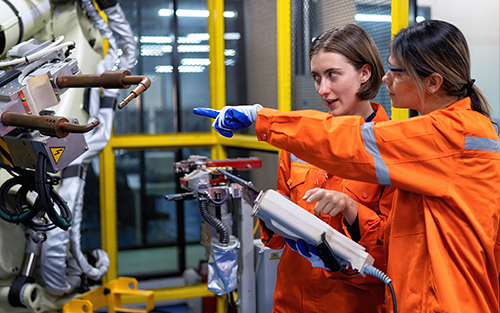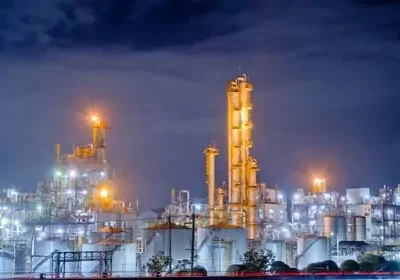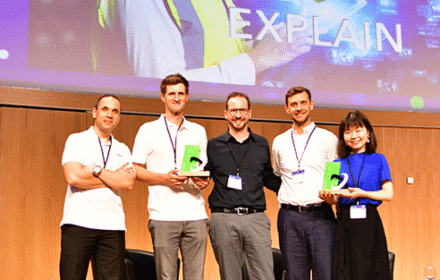
Raymond Celebrates 11th Annual Manufacturing Day, Inspires Students to Explore Manufacturing Careers
Raymond Corporation Advances Manufacturing Education Through Annual Career Event
National Manufacturing Day Initiative
The Raymond Corporation continues its educational tradition this October. The company hosts its eleventh annual Manufacturing Day event. This national initiative began in 2012 through industry partnerships. It occurs on the first Friday of October each year.
Student Engagement Program
High school juniors and seniors will participate in career education. The event includes chaperones and educational professionals. Students gain direct manufacturing industry exposure. They explore potential career paths through hands-on activities.
Educational Agenda Highlights
The event features comprehensive learning experiences. Ryan DeLaney, VP of Operations, leads an educational presentation. Associate presentations provide diverse career perspectives. Interactive booths and facility tours complete the program.
Industry Leadership Perspective
Ryan DeLaney emphasizes manufacturing’s future needs. The industry requires talented and creative minds constantly. This event supports workforce development directly. Students envision manufacturing career possibilities clearly.
Manufacturing Workforce Challenges
The manufacturing sector faces significant talent shortages. According to NAM, 2.1 million manufacturing jobs may go unfilled by 2030. Events like Manufacturing Day address this critical gap. They introduce students to modern manufacturing careers.
Hands-On Learning Experience
Students experience real-world manufacturing environments. They tour Raymond’s Greene, NY facility extensively. Interactive demonstrations showcase advanced technologies. This practical exposure inspires career consideration.
Technology and Innovation Focus
Raymond highlights cutting-edge manufacturing technologies. The company demonstrates automation and intralogistics solutions. Students learn about AI advancements and sustainability initiatives. These areas represent manufacturing’s future direction.
Corporate Educational Investment
Raymond considers student investment crucial for industry future. The company supports next-generation talent development. Manufacturing Day provides insider industry access. This inspiration potentially transforms career choices.
Industry Evolution and Careers
Modern manufacturing offers diverse career opportunities. Positions extend beyond traditional factory roles. Students can pursue these exciting career paths:
- Industrial Automation Engineering
- Robotics Programming and Maintenance
- Supply Chain Management
- Advanced Material Handling
- Sustainable Manufacturing
Long-Term Industry Impact
Manufacturing Day creates lasting industry benefits. It addresses the manufacturing skills gap effectively. Companies develop future talent pipelines successfully. Students discover high-tech career opportunities.
World of PLC Industry Analysis
Modern manufacturing increasingly integrates advanced technologies. Automation and control systems dominate modern facilities. PLC programming skills remain in high demand. Industrial networking expertise offers excellent career prospects.
Future Manufacturing Trends
The manufacturing landscape continues evolving rapidly. These technologies will shape future careers:
- Industrial Internet of Things (IIoT)
- Artificial Intelligence and Machine Learning
- Advanced Robotics and Automation
- Sustainable Manufacturing Practices
- Digital Twin Technology
For comprehensive industrial automation education and career resources, visit World of PLC to explore training materials and technical guides.
Frequently Asked Questions
What types of manufacturing careers are most in demand?
Industrial automation technicians, robotics engineers, PLC programmers, and supply chain analysts represent high-demand positions with excellent growth potential.
How can students prepare for manufacturing careers?
Focus on STEM education, develop technical skills through vocational programs, and seek internship opportunities in manufacturing environments.
What salary ranges can manufacturing professionals expect?
According to industry data, automation engineers earn $75,000-$110,000 annually, while experienced PLC programmers command $65,000-$95,000 depending on location and specialization.
Career Development Success: A previous Manufacturing Day participant discovered industrial automation through Raymond’s event. She pursued PLC programming training, completed an internship with an automation systems integrator, and now works as a control systems engineer designing material handling solutions for major distribution centers.







